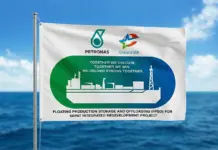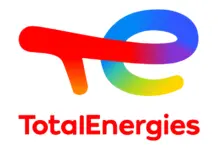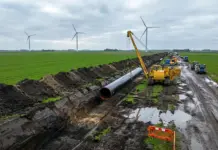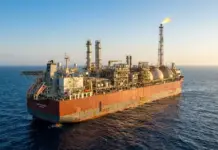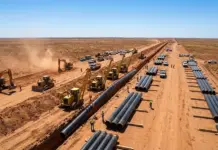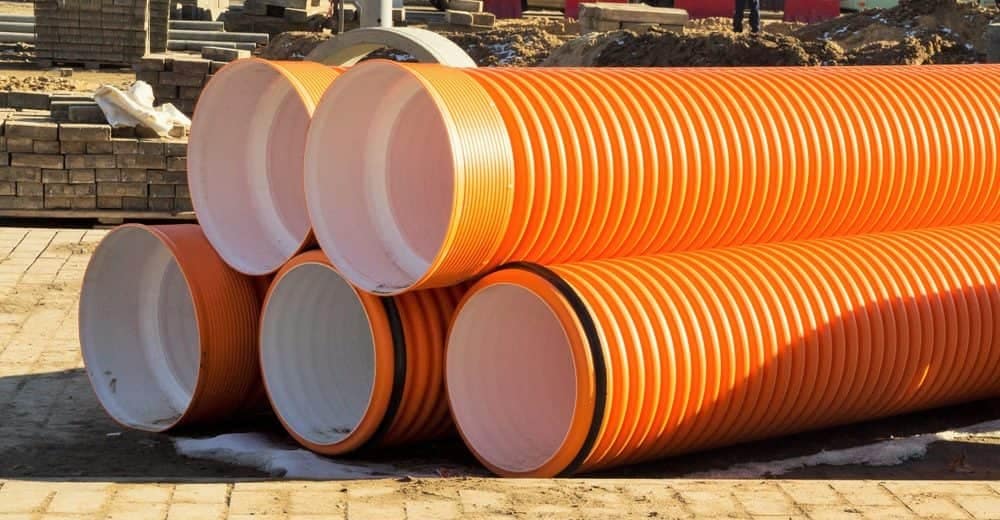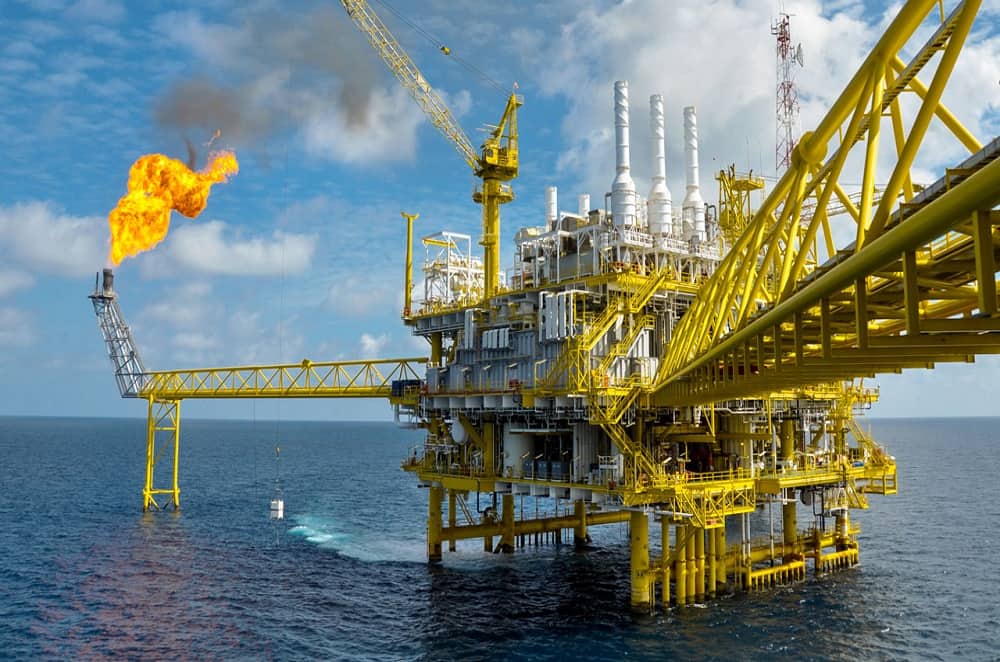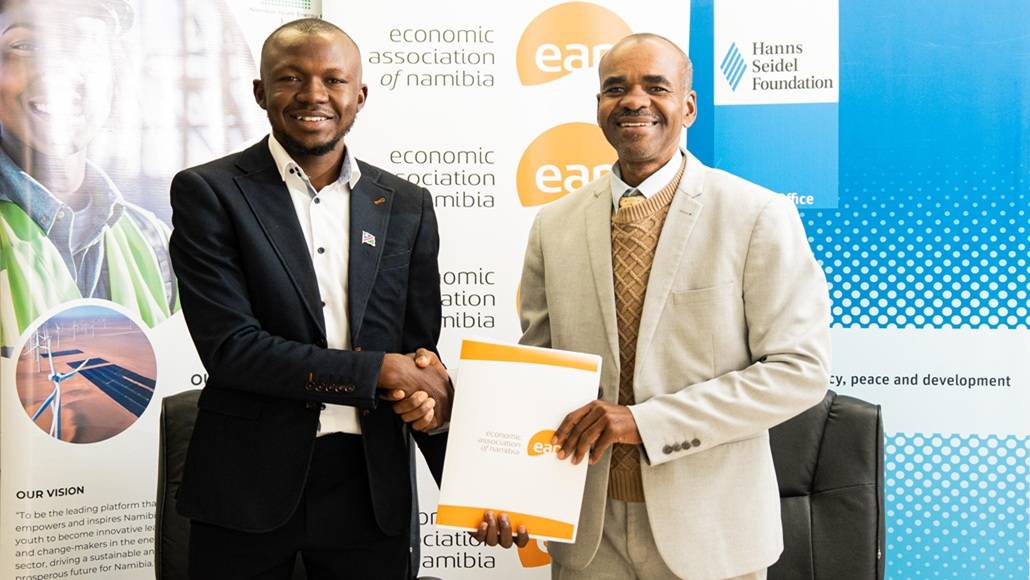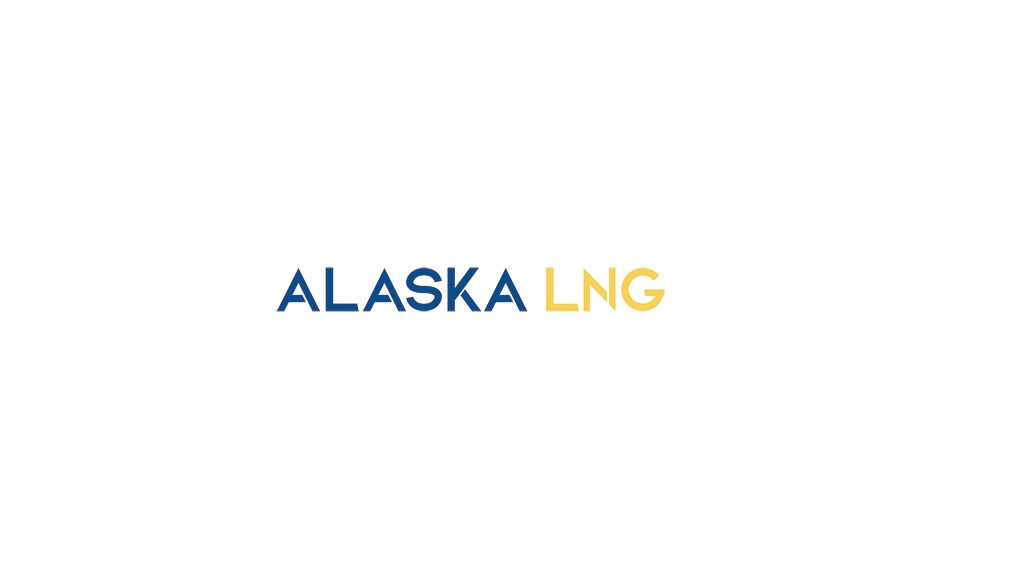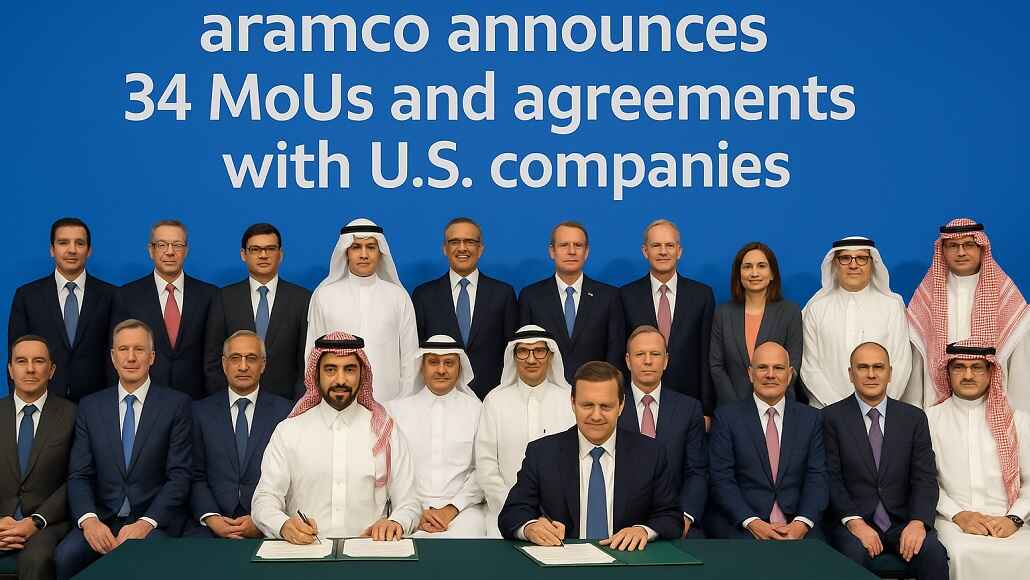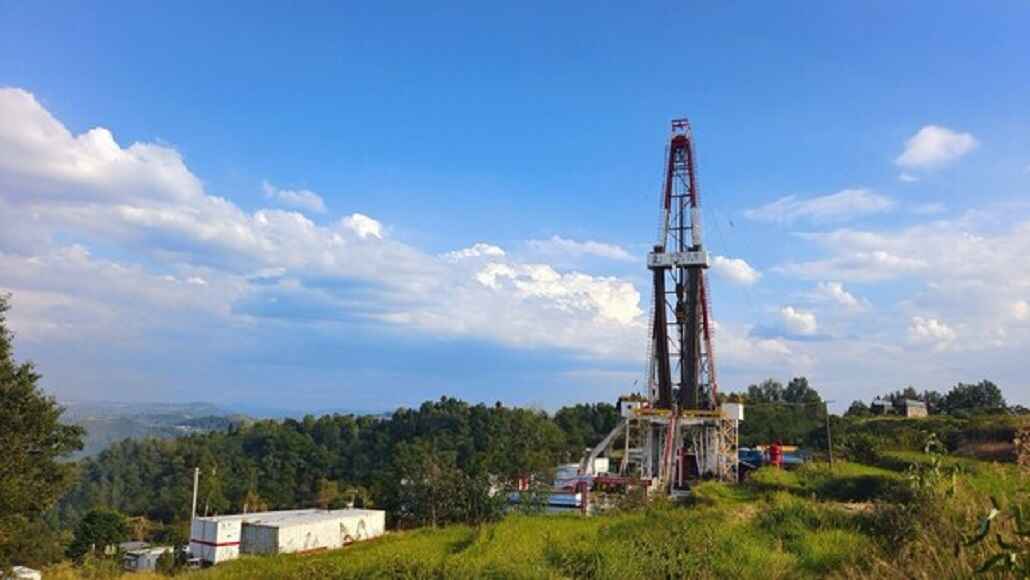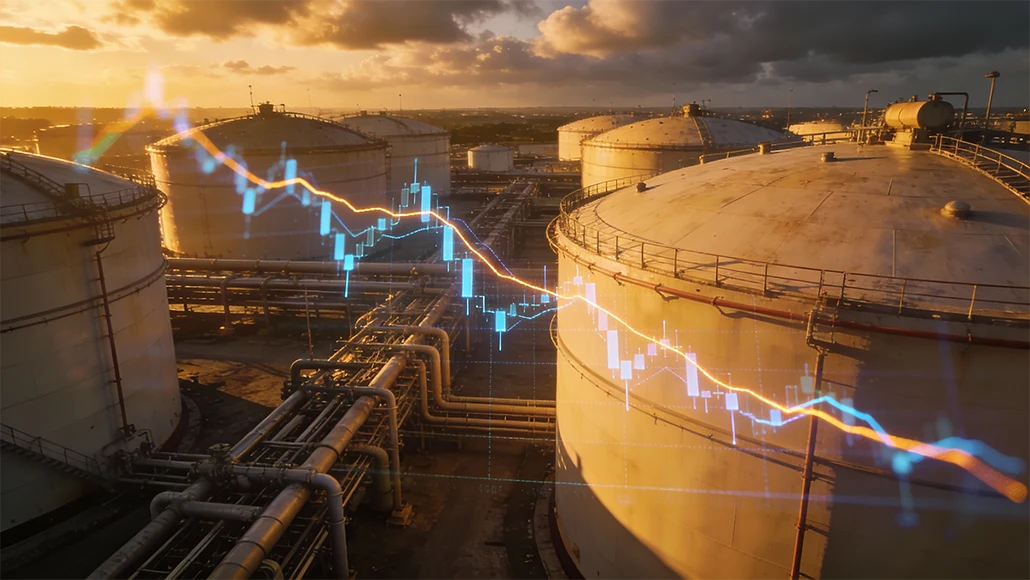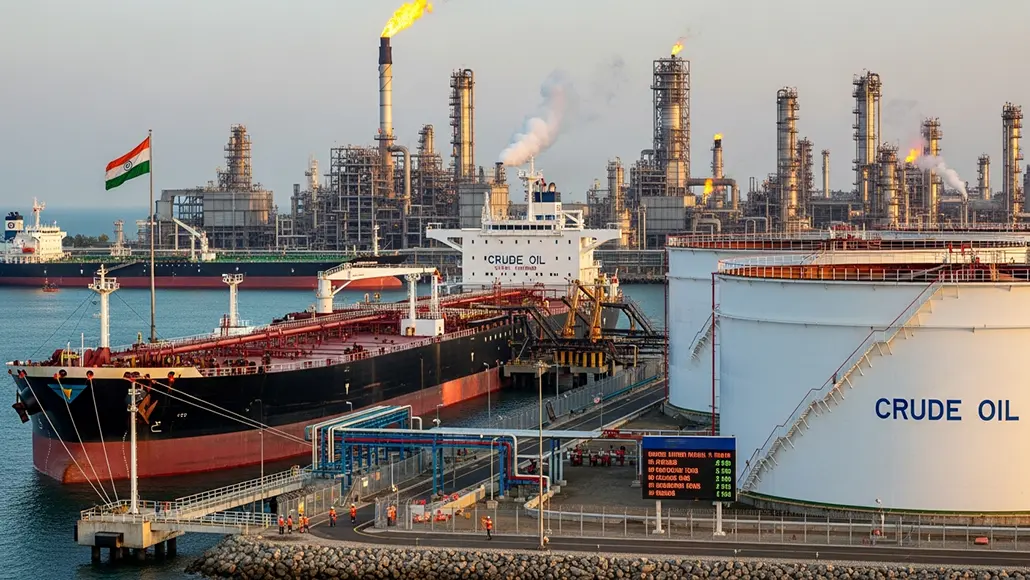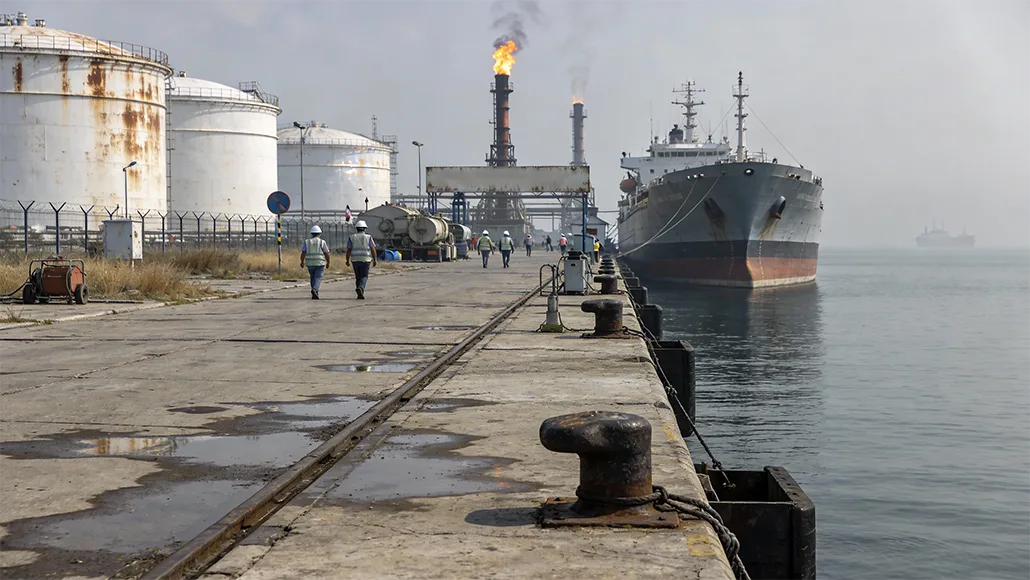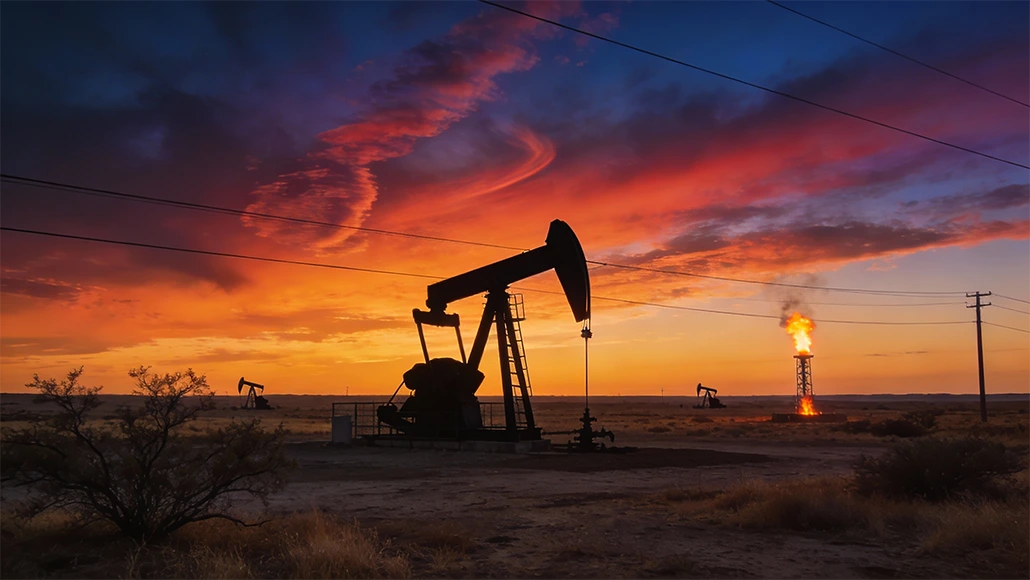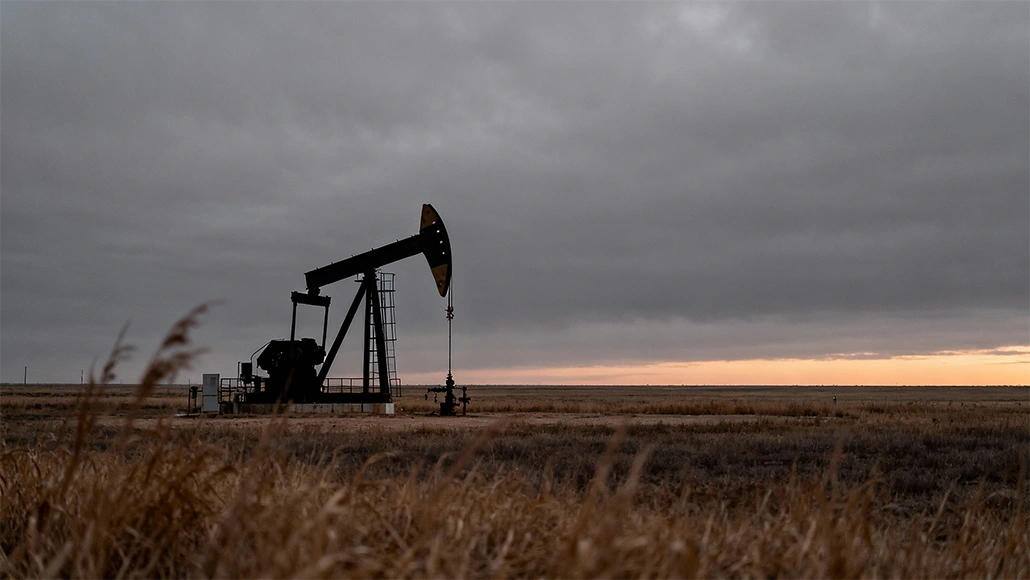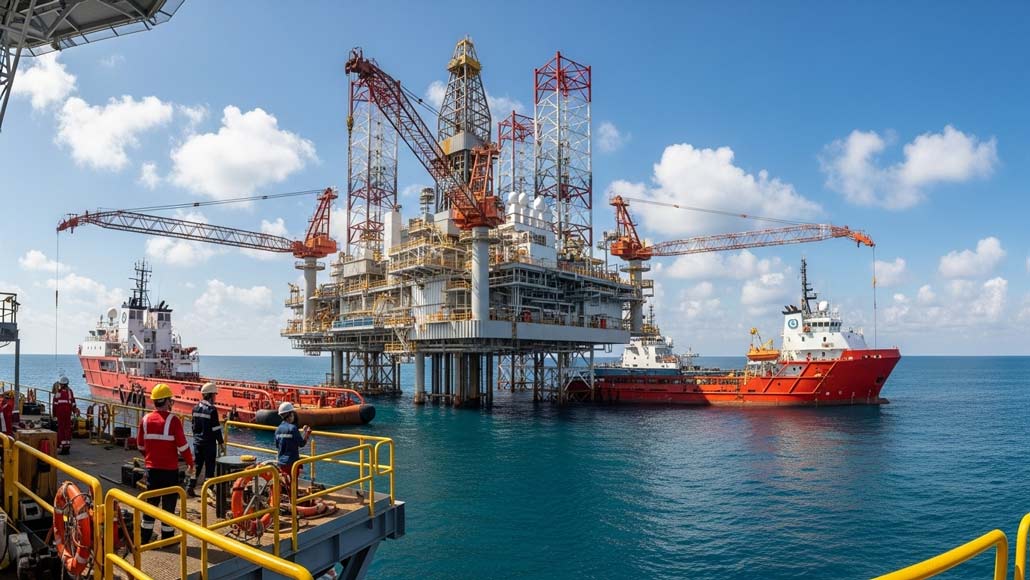Energean, which happens to be an Eastern Mediterranean-focused gas producer, has secured $4bn new Israeli gas offtake contracts in the first half of 2025, the group said on Sept. 11, thereby bringing its overall contract pipeline to $20bn for the next two decades.
But, apparently, the London-listed group has also cut its yearly production forecast for the second time in almost four months due to a temporary production suspension that took place in Israel in June 2025.
After landing $4bn new Israeli gas offtake contracts, Energean, looks forward to expanding in its core locations like Israel as well as Egypt, and is also seeking new business across West Africa and has notably reported an 11% dip in its core profit in six months to June 30, while after-tax profit jumped almost 24%.
It now anticipates the 2024 production to be between 145,000 and 155,000 barrels of oil equivalent per day (boed), which, by the way, is down from the 160,000-175,000 boed that was witnessed in May 2025 after Israel ordered it to stop the production at the Karish offshore field because of the conflict with Iran.
It is well to be noted that Energean went on to report its first-half adjusted EBITDAX—Earnings Before Interest, Taxes, Depreciation, Amortization, and Exploration Expense—of $505 mn and after-tax profit of $110 mn.
In Egypt, the group anticipates that there are another 3 trillion cubic feet of gas, which happens to be under the existing platforms, said its CEO, Mathios Rigas, to Reuters.
Apparently, Energean was weighing drilling into the yet untapped formations across offshore Israel in deep Mesozoic rocks in Block 23, which could as well prove to be a new play opener for the entire East, i.e., the Mediterranean, said Rigas.
Interestingly, Energean would also look forward to partnering; however, for such a complex well, it will have to wait till stability returns across the region.
It is worth noting that Energean also anticipates almost 2 billion cubic meters every year coming from its Katlan field off Israel, which is all set to start production in 2027 and would be carried on the planned Nitzana pipeline from Israel to Egypt after that is built.




